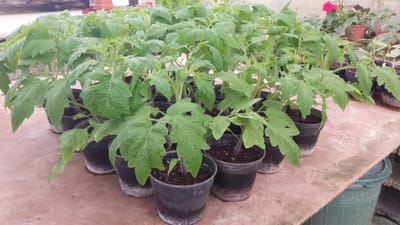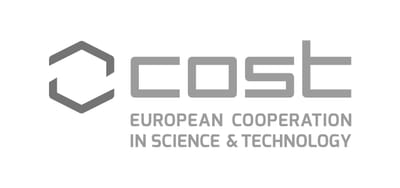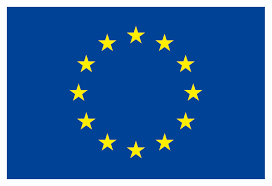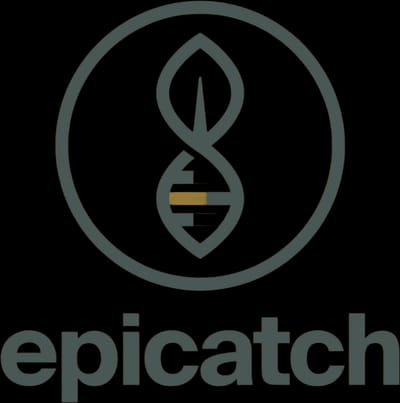Plant Epigenetics: Basics, Applications and Methodologies
On-line Training School
28th-30th June 2021
About

This training school will provide an overview of the principal methodologies and approaches used to investigate all main categories of epigenetic mechanisms: 1) chromatin restructuring and histone posttranslational modifications (PTMs), 2) DNA methylation changes, 3) non-coding RNAs (i.e. RNA-directed DNA methylation). International teachers will be invited to provide frontal and practical lessons for the explanation of basic concepts, transfer this knowledge to the breeding sector and provide tools for hands-on data analysis. These lessons will deal with any kind of methodological approaches (targeted, “untargeted”, multi-omics, eventually integrated with genetic, transcript, protein, and metabolites analysis).
The training school will last 3 half-days with 3-4 oral presentations during the morning of each day. In the first part, lessons will deal with basic aspects for the understanding of the molecular epigenetic mechanisms:
- Chromatin modifications, reshuffling and restructuring
- DNA methylations
- Non-coding RNAs
The second part will deal with applied subjects, unresolved questions and frontiers such as the role of these mechanisms in plant stress responses, plant adaptation to climate change and crop breeding. There will be four presentations dealing with:
- Plant adaptation mechanisms to climate change
- Transgenerational memory in plant stress biology
- Transfer of epigenetic knowledge into crop molecular breeding
- New frontiers in plant/crop epigenetics
The third part will deal with the description and explanation of the most updated methodology usable in lab and in-silico analysis for plant epigenetics/epigenomics:
- DNA methylation analysis (MSAP, bisulfite conversion, specific and genome wide)
- In silico bioinformatic pipelines for analysis of DNA methylation, chromatin and RNA, gene-ontologies and pathway analysis
Registration deadline: June 13th, 2021
Organizers
Federico Martinelli
Eirini Kaiserli
Michal Lieberman-Lazarovich
Survey 1 - questions
Survey 2 - Details
You've already responded.
You can submit this form only once.Agenda
Day 1
9:40 - 10:00 - Introduction of the training school and EPI-CATCH Cost Action – Federico Martinelli
10:00 - 10:40 - Sotirios Fragkostefanakis - Chromatin modifications, reshuffling and restructuring
10:40 - 11:00 - Coffee break
11:00 - 11:40 – Philippe Gallusci - Regulation and functions of DNA methylation in plants
11:40 - 12:20 - Celia Baroux - Regulatory non-coding RNAs: a genomic resource for crop improvement?
12:20 - 12:40 - Questions
Day 2
9:40 - 10:20 – Samia Daldoul - Understanding plant responses to climate change: Mechanism and adaptation
10:20 - 11:00 - Markus Kuhlmann - Transgenerational memory in plant stress biology
11:00 - 11:20 - Coffee break
11:20 - 12:00 - Panagiotis Moschou - Biomolecular condensates in epigenomes and epitranscriptomes
12:00 - 12:40 - Sophie Brunel-Muguet - Plant acclimation to global warming: a three-foldlever of action based on genetics improvement, management practices, and ecophysiological approaches
12:40 - 13:00 - Questions
Day 3
9:40 - 10:20 - Michal Lieberman-Lazarovich - Bisulfite sequencing for site-specific DNA methylation analysis
10:20 -11:00 - Frank Johannes - Introduction to Whole Genome Bisulfite Sequencing analysis
11:00 - 11:20 - Coffee break
11:20 - 12:00 - Francesco Guarino - The biostatistical analyses of MSAP data
12:00 - 12:40 - Angela Cicatelli - MSAP molecular markers for DNA methylation analysis: Theoretical and laboratory approach
12:40 – 13:20 Final Questions & Conclusions
Speakers Presentations
Markus Kuhlmann - Transgenerational memory in plant stress biology
Sotirios Fragkostefanakis - Chromatin modifications, reshuffling and restructuring
Philippe Gallusci - Regulation and functions of DNA methylation in plants
Sophie Brunel-Muguet - Plant acclimation to global warming: a three-fold lever of action based on genetics improvement, management practices, and ecophysiological approaches
Michal Lieberman-Lazarovich - Bisulfite sequencing for site-specific DNA methylation analysis
Registration
Thank you for your interest in our activity!
Registration is now closed
For any query please contact the organizers
Funding


for research and innovation networks. Our Actions help connect research initiatives
across Europe and enable scientists to grow their ideas by sharing them with their
peers. This boosts their research, career and innovation.
www.cost.eu

